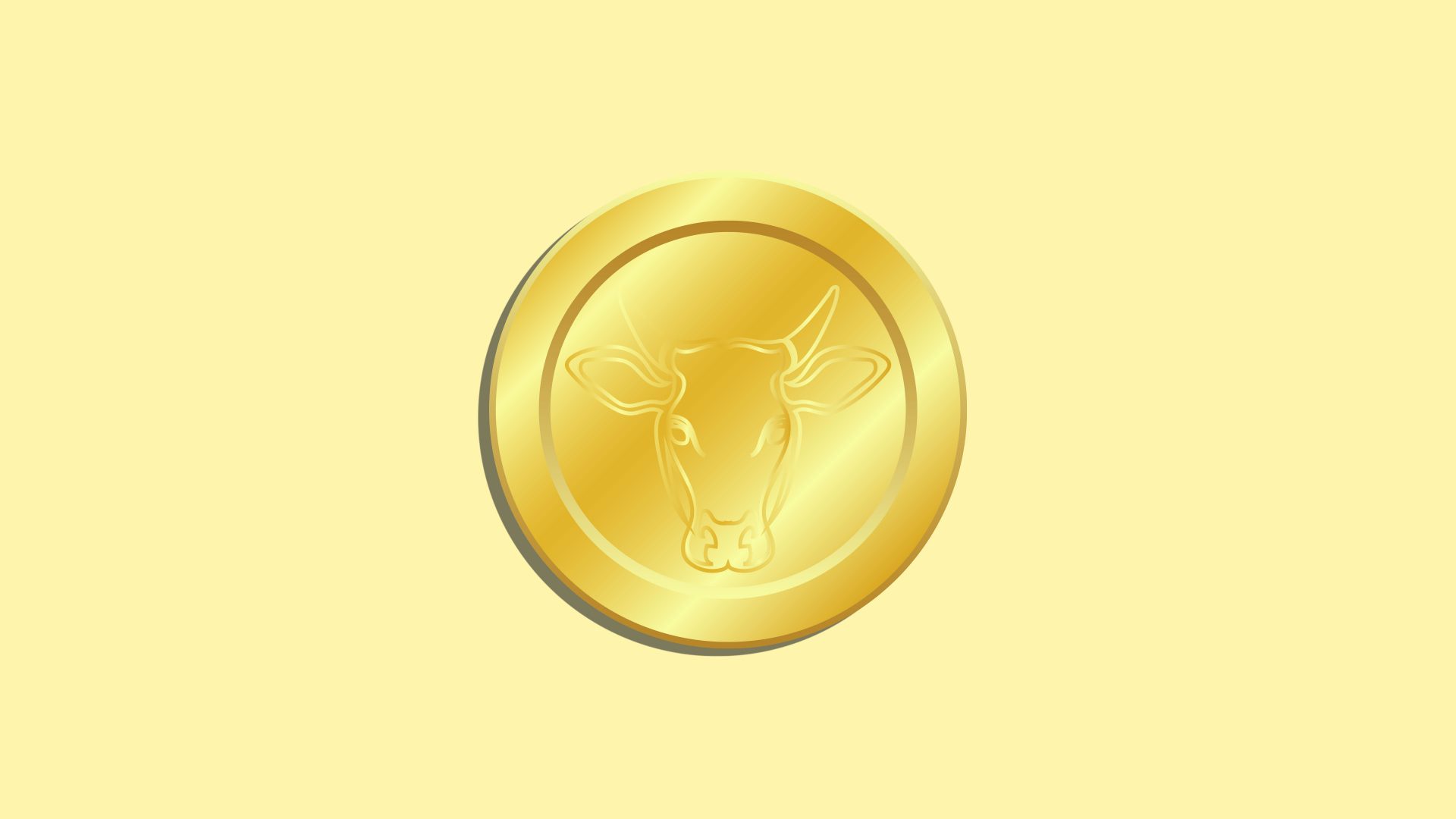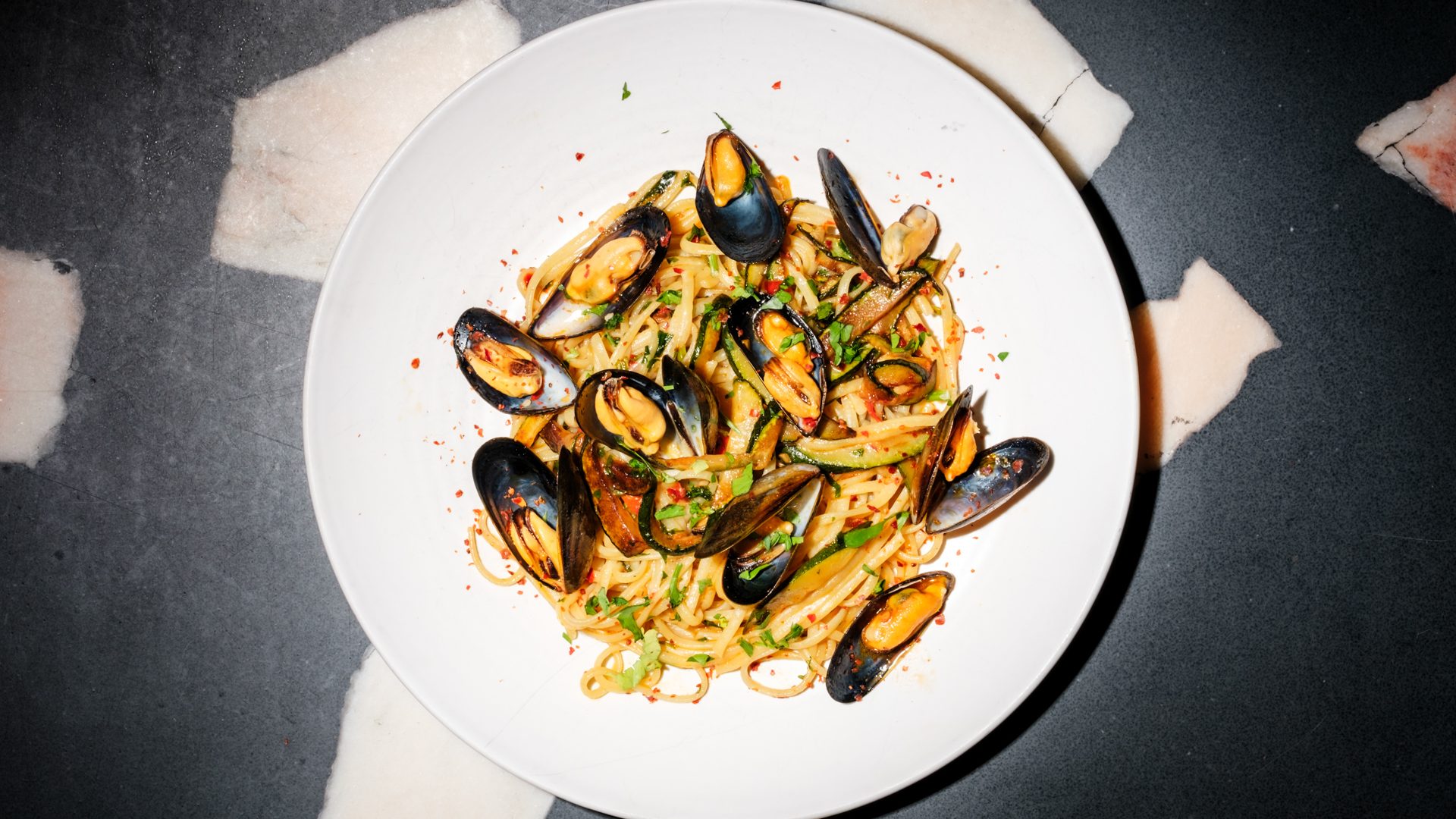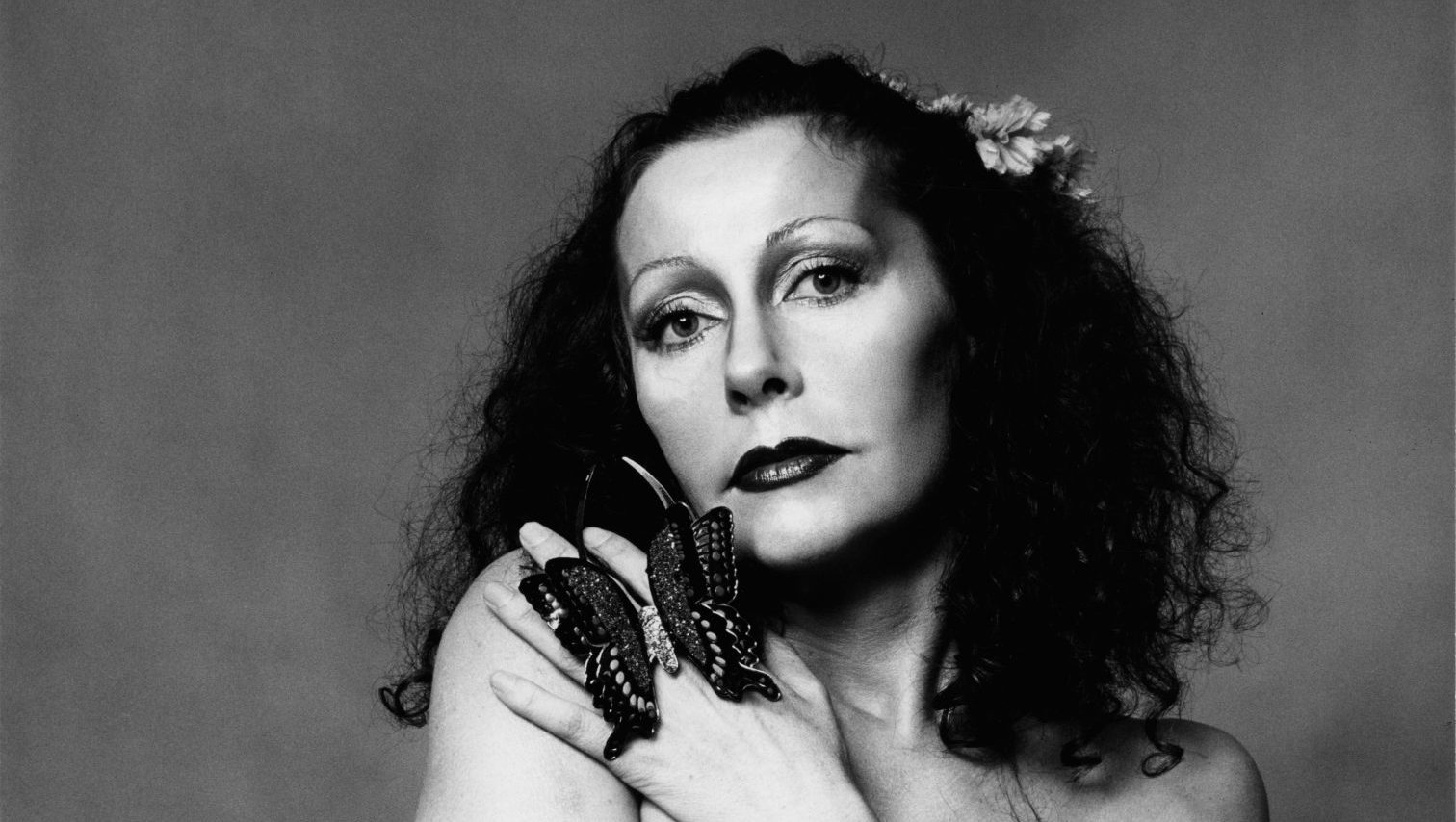Modern English has a very large number of words which have been borrowed from French. In fact, so keen have English-speakers been
to acquire loan-words from French over the centuries that we have even borrowed some items twice.
Typically, in these cases, the first of the two loans arrived rather early on
after 1066, and were adopted from the Anglo-Norman French dialects which
were originally brought over from northern France with William the Conqueror. The second borrowings came from the 1300s onward, and were taken from the French spoken in and around the Ile de France, after Parisian had become the politically dominant form of the language in the Kingdom of France.
Sometimes it is very easy to see from the forms and meanings of the words
involved that the two borrowings come from the same source. It makes sense in terms of meaning to learn that the originally Anglo-Norman word warden came from the same ultimate source as the originally Parisian guardian, and we can also easily see that there is a correspondence between warranty and guarantee.
Norman catch and Parisian chase perhaps take a little bit more thinking about since the meanings of the two words, while obviously related, are not
the same, with catching often being a consequence of chasing. Both words descend from Latin captere ‘to take’.
Another less than obvious pair are cattle and chattel. Today, the originally
Anglo-Norman term cattle means ‘bovine animals’, and this modern English word is always understood as a collective plural, as in “the cattle are lowing” (not is lowing): the overtly plural form “cattles” is never used. On the other hand, the originally Parisian form chattel is almost always used in modern English with the plural -s ending, usually in the phrase “goods and chattels”, where it means ‘(a piece of) movable property’.
Both cattle and chattel came originally from Latin capitale, which English has also borrowed directly as capital ‘wealth’, with no French intervention.
When we are alerted to the historical etymological connection between chattel and cattle, it is not difficult to see what the relationship is between ‘movable property’ in a general sense, on the one hand, and ‘bovine animals’ as a particular and historically rather important form of movable property, on the other.
A similar link between bovine animals, property and wealth has been put forth for the origins of the English word fee ‘payment, remuneration’. This word appears to come in part from Old English feoh ‘cattle’, although the connection is not an entirely straightforward one. The related modern German word Vieh also means ‘cattle’.
Similarly, the Latin word for cattle, pecu, is the source of Latin pecunia ‘money’, which we are familiar with in modern English from the word
pecuniary ‘financial’.
In the pastoral societies which our ancestors lived in, animals did constitute wealth, and it is pleasing that this fact is still sometimes reflected in our modern languages.
And it is not just cows and oxen that have traditionally counted as wealth. I once made the mistake about 40 years ago of asking a Cretan shepherd how
many sheep and goats he owned. He looked me in the eye and responded, with a gentle smile: “If I asked you how much money you’ve got in the bank, would you tell me?”
PECULIAR
Peculiar and fee do not look related, but peculiar meant ‘special, distinctive’
before it acquired the more recent meaning ‘strange, odd’. It comes from
Latin peculiaris ‘relating to private property’, from Latin peculium ‘money’,
from pecu ‘herd of farm animals’. Pecu came from the same Indo-European source as Old English feoh ‘cattle’.




